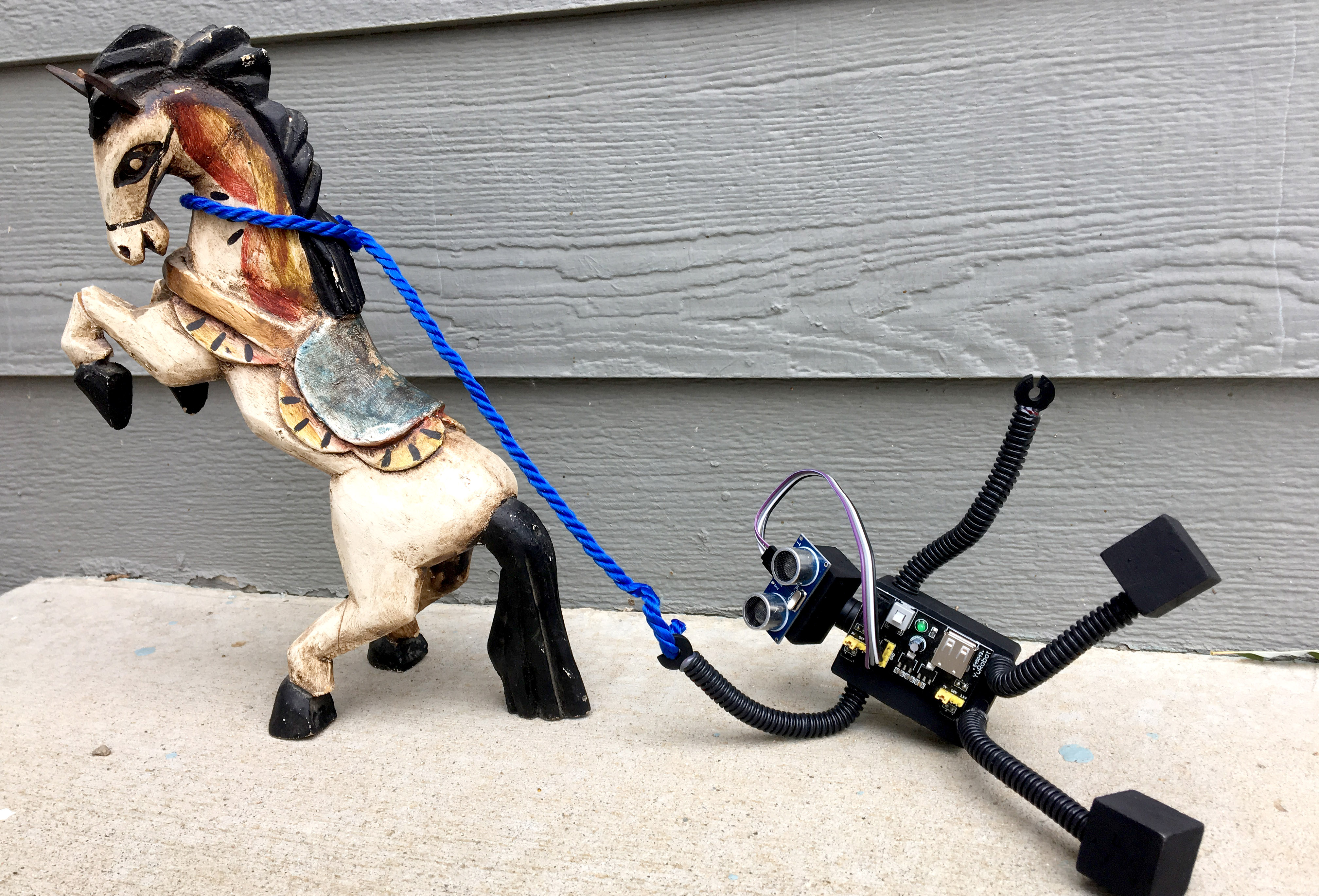
My Best Writing Advice Part 1: “Riding” Like a Professional
Imagine you have a horse, a newborn foal, fresh out of the caul and at first it can’t even stand on four legs. It learns to walk, awkwardly, and you fall in love. Let’s say there’s a parade coming up in a few years with a prize for the best horse, and you believe in your horse and want to get that prize. So you feed your horse and give it water. Sometimes you give it treats — apples and carrots — and it nuzzles you and oh, isn’t everything just wonderful?
It comes time to train the horse, which you thought would be easy, since you and your horse had always gotten along so well, but now it’s bucking and butting and you’re yelling its name like an expletive and you’re yelling its name and expletives, and part of you still loves it, and part of you is starting to hate it, and part of you wonders why you ever thought you could raise a horse and train it. Eventually, though, you and the horse learn to cooperate with each other. You give it more food and water, more apples and carrots, but most of all, you give it sweat and tears, and somehow that results in you loving the horse more than ever.
After what should have been an inspiring four-minute musical montage, but actually ends up being a grueling decade spent mostly in isolation and the somewhat-disturbing throes of obsession, your horse is full-grown, a purebred champion with a shining coat. Tada! You take it to the horse-parade. Your wildest dreams come true, and your horse gets first place. Everyone is so excited about your horse they want it right at the very front of the parade and you are so, so proud. You have arrived.
And then the parade starts.
And you realize something terrible.
You don’t know how to ride a horse.
You, however, are tied to your horse, and now this parade is moving. There’s no stopping the parade and there’s no stopping your horse. There’s no saddle and no stirrups. You can try and get on the horse now, or you can try to keep up. Heaven forbid you lose your footing, or get tired, or burn out and end up dragged along by the horse and trampled by the parade. Morbid? Certainly. And suddenly, this dream-come-true has turned into a complete nightmare.
The horse is your book. The parade is publishing.
Here’s a thought I’ve had a lot lately. It can take years, sometimes decades, for an author to get a book published. I work with a lot of writers, I share their hopes and dreams, and I get a lot of advice from people who have “made it.” Most of that advice has to do with writing a really good book. Everyone is obsessed with writing the most amazing book they possibly can. And almost everything I read and hear about how to do that has to do with writing craftsmanship. How to craft wonderful prose and compelling dialogue and believable characters and worlds and magic systems that work. How to write a synopsis, and a query, and a pitch. The idea, of course, is that if you produce a marvelously-written book, and a marvelously written pitch, you’re going to get published. Your awesome horse is going to be in the big parade. And that seems to be the focus 99.9% of the time. Because what matters more than the sheer awesomeness of your horse?
Well, you. And your ability to ride it.
So. How do you learn to…ride a book? What’s the equivalent here?
You learn to “ride” your book by refining your riding process — I mean, your writing process. Having a predictable, productive, and sustainable approach to your writing is just as important as writing well. Learning to organize yourself, to create a schedule or a quota, is just as crucial to a writing career as the material you produce. Think for a moment about some of your favorite (living) authors. Do they appear to be riding on top of their horse, or does it look like they’re being dragged behind? Because the truth is, you can get a book published without knowing how to keep a deadline, or without knowing how to keep yourself healthy — mentally and physically. Just like you can get a horse in a parade without knowing how to ride it. The difference is going to be whether you’ll be able to enjoy that success, or feel trampled by it.
Consistency and organization are learned skills. They don’t come automatically, at least not to me. People who meet me in my adult life often assume I’m a “Type-A” personality and I’ve always had my ducks in a row, was probably class valedictorian etc. Which is hilarious, because I didn’t walk with my class and barely graduated high school, but that’s another story for another day. The fact is, I’m advocating for a healthy method of writing because I’ve struggled to find a healthy method of writing. And after almost ten years of writing every day, I can finally say I’ve hit my stride. I’ve cracked the code on my own productivity, and, frankly, happiness in my work.
This isn’t an article about putting your “butt in chair, hands on keyboard,” or “writing every day.” It’s about realizing the value of a method that feels as professional and polished as the manuscript you’ve been slaving over. My writing advice? Make your method match your manuscript.
Today, I just wanted to convince you it’s important.
Next week, I’ll break down what makes a method professional — before publication.
And the week after that, I’ll tell you what works for me.
Thanks for coming on this journey with me.
~Christine
2 Comments
Pingback:
Kris Atkins
This is absolutely true. I’m glad I’m figuring it out before diving into the deep end.